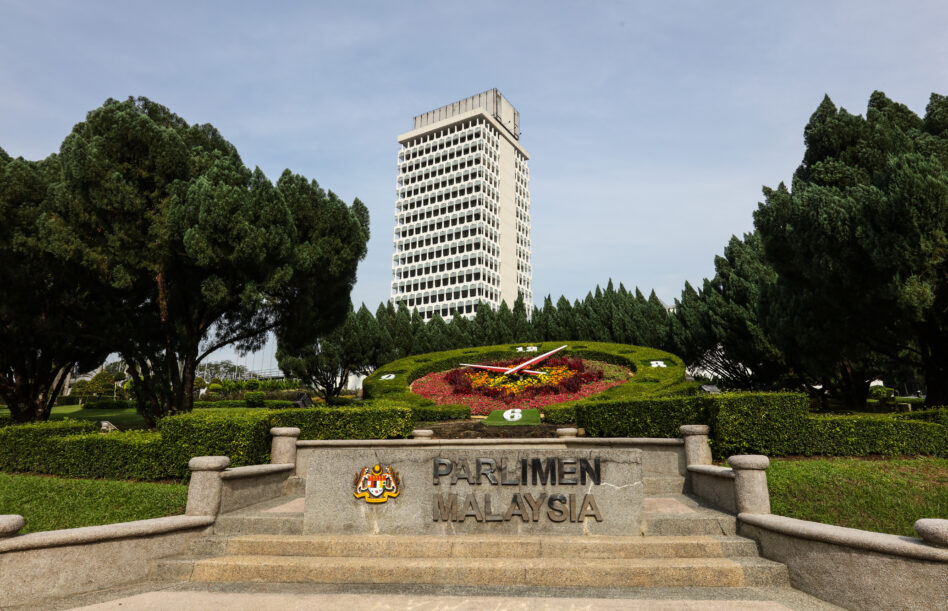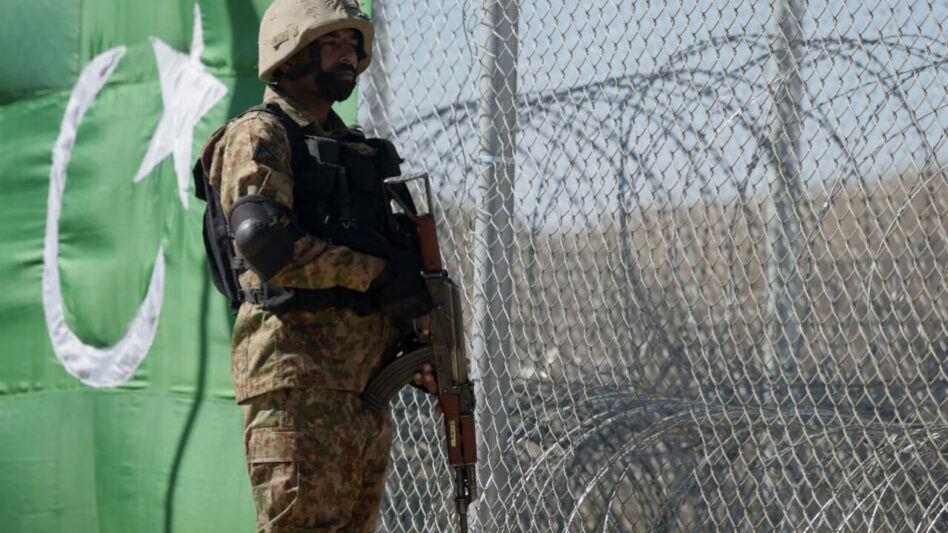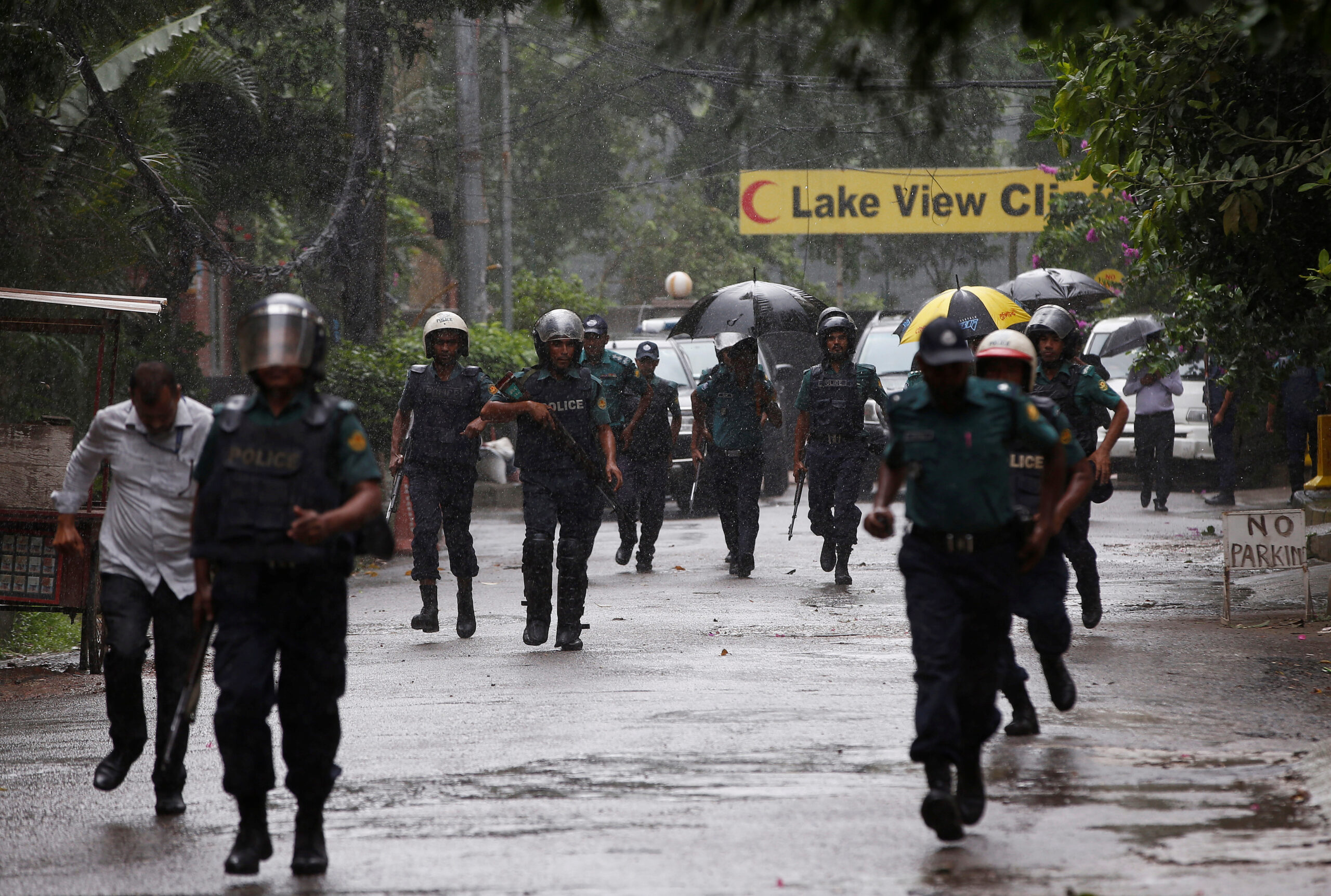IN the subsequent sections of this article, an analysis will be directed on the role of politicians and religious leaders who promote hatred, drawing lessons from the experiences of Pakistan and Bangladesh.
The potential risks associated with inaction and the inability to mitigate radical ideologies in Malaysia will also be explored.
Addressing those who incite hatred
The influence of politicians and religious leaders in the promotion of extremism is a critical issue that warrants thorough examination.
The cases observed in Singapore serve as a poignant reminder of how individuals can become radicalised through exposure to extremist ideologies.
In light of this, Malaysia must take decisive action to mitigate these influences by implementing several key strategies.

First, it is vital to enforce more stringent regulations against hate speech that incites violence towards various communities and religious groups. Such measures are essential in curbing the spread of divisive narratives that can lead to radicalisation.
Secondly, religious teachings should be oriented towards fostering tolerance and promoting interfaith harmony rather than exacerbating sectarian divides.
The instances of Hamizah Hamzah and Saharuddin Saari exemplify the dangers posed by extremist content, which is frequently propagated by unprincipled religious leaders, leading to the radicalisation of vulnerable individuals.
Moreover, it is crucial to hold politicians accountable for their inflammatory rhetoric that can incite extremism and societal discord.
The actions of certain political figures who manipulate religious tensions for personal or political gain must be scrutinised and addressed through robust legislation and comprehensive public awareness initiatives.
By taking these steps, Malaysia can work towards creating a more cohesive and peaceful society, free from the threats posed by extremism.
Lessons from Pakistan and Bangladesh
The unchecked progression of radicalisation poses a significant threat to Malaysia, potentially leading to a level of destabilisation akin to that experienced by Pakistan and Bangladesh.
In the case of Pakistan, the influence of radical factions has severely undermined democratic frameworks, incited sectarian conflict, and compromised national security.
These extremist groups have established areas beyond governmental oversight, creating zones of lawlessness where state authority is challenged and diminished.

Similarly, Bangladesh, despite its notable economic advancements, grapples with the persistent issue of religious extremism.
This phenomenon has manifested in violent assaults against minority communities and progressive intellectuals, highlighting the precarious balance between development and social stability.
The ramifications of radical ideologies in both countries serve as a cautionary tale for Malaysia, emphasising the urgent need for proactive measures to counteract the rise of extremism and safeguard democratic values.
In summary, the experiences of Pakistan and Bangladesh illustrate the dire consequences of allowing radicalisation to flourish unchecked.
Malaysia must remain vigilant and implement comprehensive strategies to prevent the emergence of similar destabilising forces within its own borders.
The consequences
The inability to effectively address radical ideologies in Malaysia may result in several significant consequences.
Firstly, there is a potential for an increasing schism among various religious and ethnic communities, exacerbated by the inflammatory discourse propagated by certain political figures and religious teachers/scholars.
This division could foster an environment of mistrust and hostility, undermining the social cohesion that has historically characterised Malaysian society.
Secondly, the escalation of security threats associated with radical ideologies could lead to a decline in investor confidence.
Investors typically seek stable environments with minimal risk; thus, the perception of heightened security concerns may deter foreign and domestic investment, adversely affecting economic growth and development.
Lastly, Malaysia’s reputation as a multicultural and moderate nation could be jeopardised, giving way to a narrative dominated by religious and ideological extremism.
Such a transformation would not only alter the country’s domestic landscape but could also impact its international standing, as Malaysia may be viewed through the lens of extremism rather than its rich cultural diversity and commitment to moderation.
In a nutshell, the failure to mitigate radical ideologies in Malaysia poses a complex threat, potentially leading to societal fragmentation, economic instability, and a tarnished national image.
Addressing these challenges is central for the preservation of Malaysia’s harmonious and diverse society.
Conclusion

The case studies originating from Singapore provide critical insights into the dynamic nature of self-radicalisation and underscore the necessity for a comprehensive strategy in counter-terrorism initiatives.
The emergence of far-right extremism, exemplified by the case of Nick Lee Xing Qiu, alongside religious radicalisation as demonstrated by Hamizah Hamzah and Saharuddin Saari, highlights the multifaceted origins of radicalisation.
To effectively counter the threats posed by lone-wolf terrorists, Malaysian security agencies must enhance their intelligence-gathering capabilities, fortify cyber counter-radicalisation efforts, implement stringent legal frameworks, and mitigate the influence of extremist political and religious ideologies.
Should Malaysia neglect to take decisive action, it risks becoming ensnared in a cycle of radicalism and instability akin to the challenges faced by Pakistan and Bangladesh.
A strategy that emphasises collaboration and is driven by intelligence will be crucial in protecting national security and fostering social harmony. – Feb 17, 2025
R. Paneir Selvam is the principal consultant of Arunachala Research & Consultancy Sdn Bhd, a think tank specialising in strategic national and geo-political matters.
The views expressed are solely of the author and do not necessarily reflect those of Focus Malaysia.
Main image: East Asia Forum









